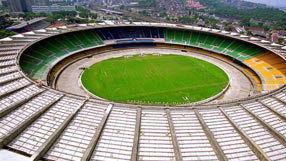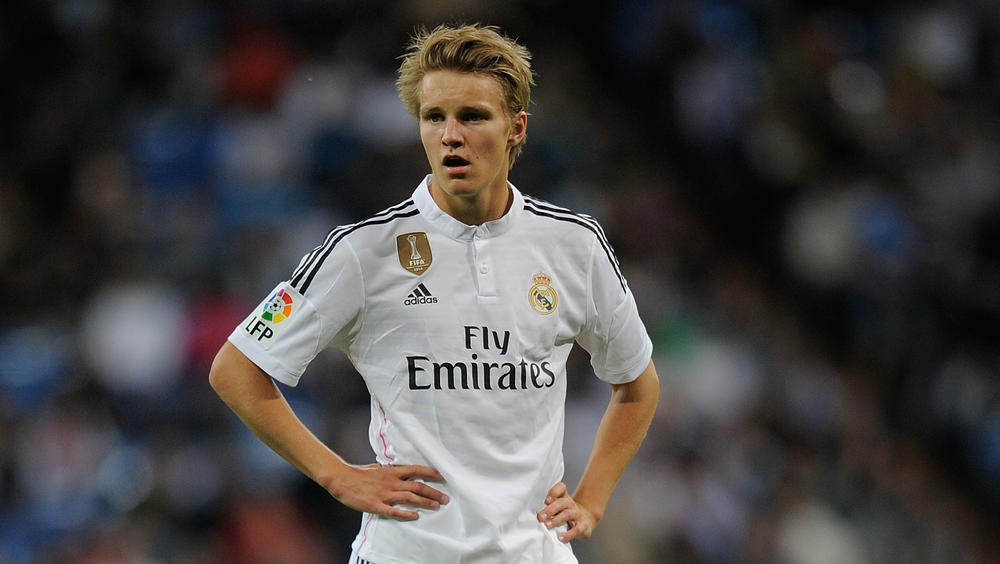The day a secretary silenced the Maracana
JOHANNESBURG - It takes a lot to silence 132,000 jubilant Brazilians but secretary Rosimery de Mello and a goalkeeper nicknamed The Condor managed to do just that on an extraordinary day in 1989.

Brazil, needing a draw to qualify for the 1990 World Cup, were leading Chile 1-0 with around 25 minutes to go and the home crowd were celebrating victory against a team who had been firmly cast as the villains of the piece.
I was at the stadium and, although I had already discovered that South American football could be wild, I could not have imagined what was about to unfurl.
From high in the stands on the right, somebody launched a firework into the dusk sky.
I could see clearly as the firecracker began to drop slowly to the ground and, as it did so, it became clear that it was going to land on the pitch.
I watched, spellbound, as it dropped into the Chilean penalty area, settling next to goalkeeper Roberto Rojas who crumpled to the ground as if he had been hit.
The entire Chilean delegation ran onto the pitch and surrounded Rojas, pushing away the Brazilian players.
After a few minutes of histrionics, Rojas was stretchered off, covered in blood. Then the Chileans walked off the field.
Get FourFourTwo Newsletter
The best features, fun and footballing quizzes, straight to your inbox every week.
The mood inside the stadium darkened.
Although many people had cheered when the goalkeeper went over, people near me began wondering whether Brazil would be blamed for crowd violence and lose the points.
"We're out of the World Cup," gasped one, looking utterly perplexed.
If that happened, Brazil would have lost their record as the only country to have played at every World Cup - one they have preserved until today.
UNBRIDLED HOSTILITY
After 20 minutes of confusion, referee Juan Carlos Lostau called the game off and the stadium began to empty. The crowd filed out in near silence as if their team had lost.
I had been in Brazil for two years, working initially as an English teacher and making extra money writing for World Soccer magazine, and had already seen both sides of South American football.
In a previous visit to the Maracana, I had witnessed Diego Maradona hit the crossbar from near the halfway line in a Copa America match between Argentina and Uruguay.
But it was just as common to witness huge brawls on the field, often with the police joining in, as well as championships disrupted by political in-fighting among the directors.
This game had gone ahead in an atmosphere of unbridled hostility.
Brazil had complained they were maltreated by police in the first game in Santiago which ended in a ferocious 1-1 draw.
That game got off to an explosive start when a Chilean player bit Brazil striker Romario and both were sent off in the first minute.
Brazil scored first but there was a storm over Chile's late equaliser, scored from a quickly-taken free kick inside the penalty area with Brazil claiming they were not ready.
This whipped the Brazilian media into a frenzy and, fearing a hostile reception, Chile flew to Brazil in an air force
